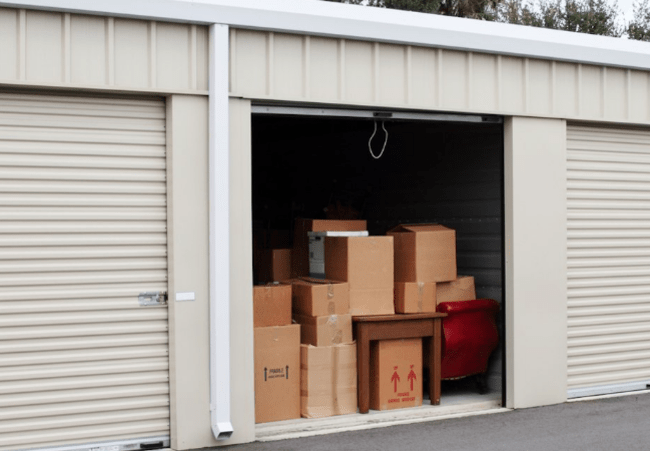

We may earn revenue from the products available on this page and participate in affiliate programs. Learn More ›
Home Advice You Can Trust
Tips, tricks & ideas for a better home and yard, delivered to your inbox daily.
Storing Your Belongings
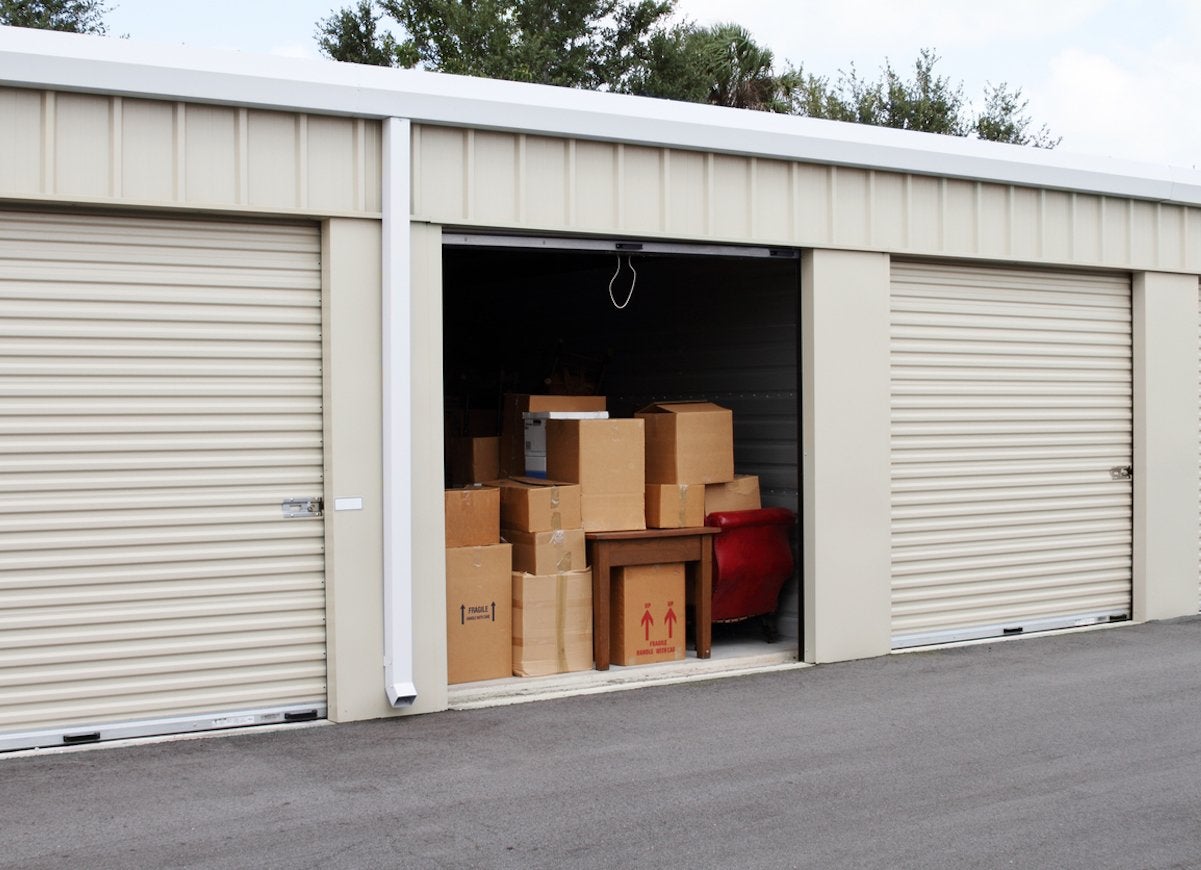
Moving all of your belongings is a major project, and if the closing on your new home gets pushed back and you can’t move in on schedule, you’ll need to find a place to temporarily store your stuff. This usually means renting a storage unit at a cost of $80 to $150 per month.
Utility Deposits

With all the bustle and excitement of moving into a new house, it can be easy to forget that most utility companies expect you to put down a deposit as soon as you move into your new home. Deposits can run anywhere from $150 to $400, so it pays to call your new utility provider before you move to find out the amount you’ll have to pay—and figure it into your budget.
Forgetting to Discontinue Services

Don’t forget to let your old utility company know the exact date you’re vacating your house so you can get your deposit back, and prevent paying for service you aren’t there to use. In addition, arrange to cancel cable and internet services at least 30 days before you leave your existing home. If you don’t, you may find yourself paying for the new owner’s internet and television use.
Forgetting About Memberships

Many gym, country club and spa memberships rollover automatically from one month to the next if they aren’t cancelled. You won’t know until the unexpected amount shows up on your credit card statement. If you’re moving out of the area, cancel your memberships, but know that you may have to pay an early termination fee.
Lost Security Deposit

If you’re currently renting, you probably put down a security deposit when you first moved into the house or apartment. If you haven’t violated the terms of the lease, you can get your deposit back when you move out. This means notifying the landlord in advance (usually 30 days), so she can start looking for new tenants, and leaving the place as clean as it was when you moved in.
Heavy Item Surcharges
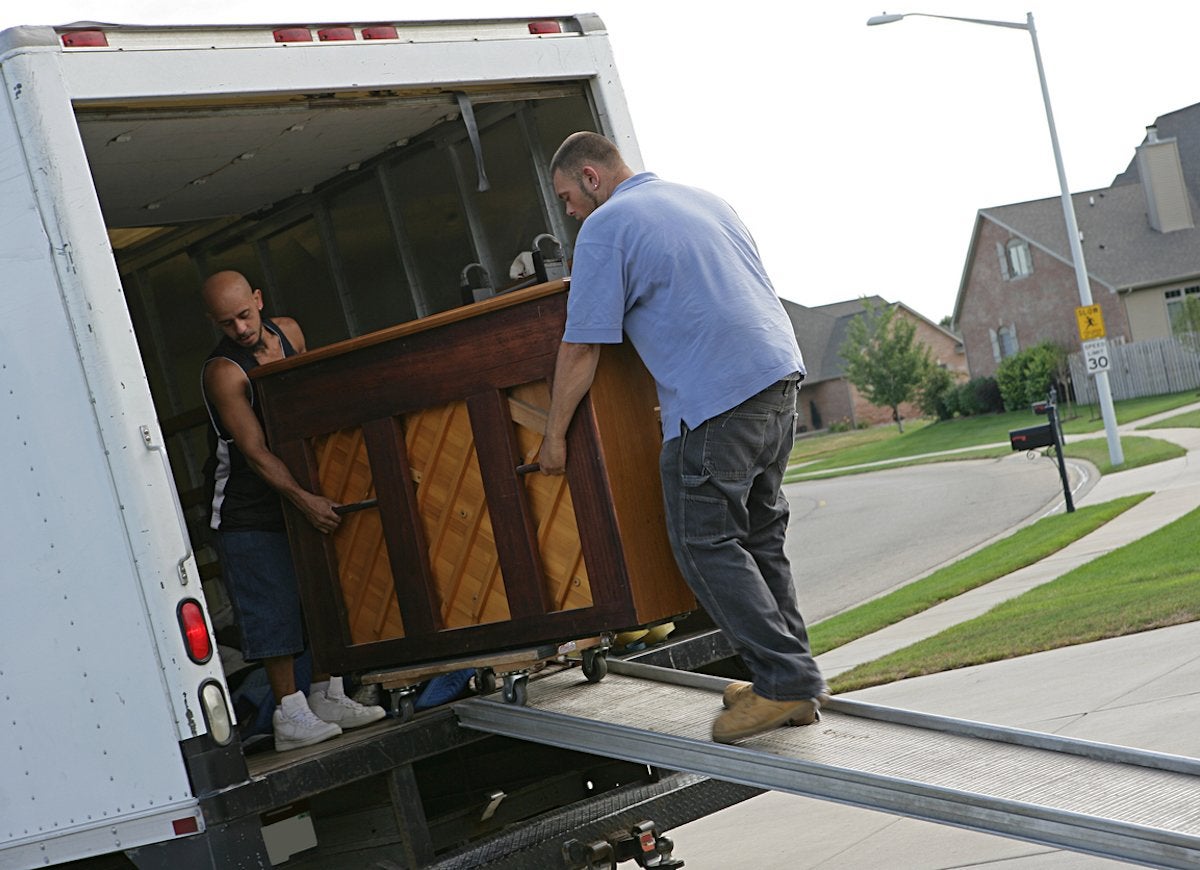
While most furniture and appliances are included in a moving company’s basic moving charge, if you have something especially heavy or unwieldy, such as a grand piano or an ATV, you could end up paying an additional “heavy item” surcharge. The moving company may have to send a special truck or equipment to lift and load the item, and they’ll charge you for it.
Fuel Expense
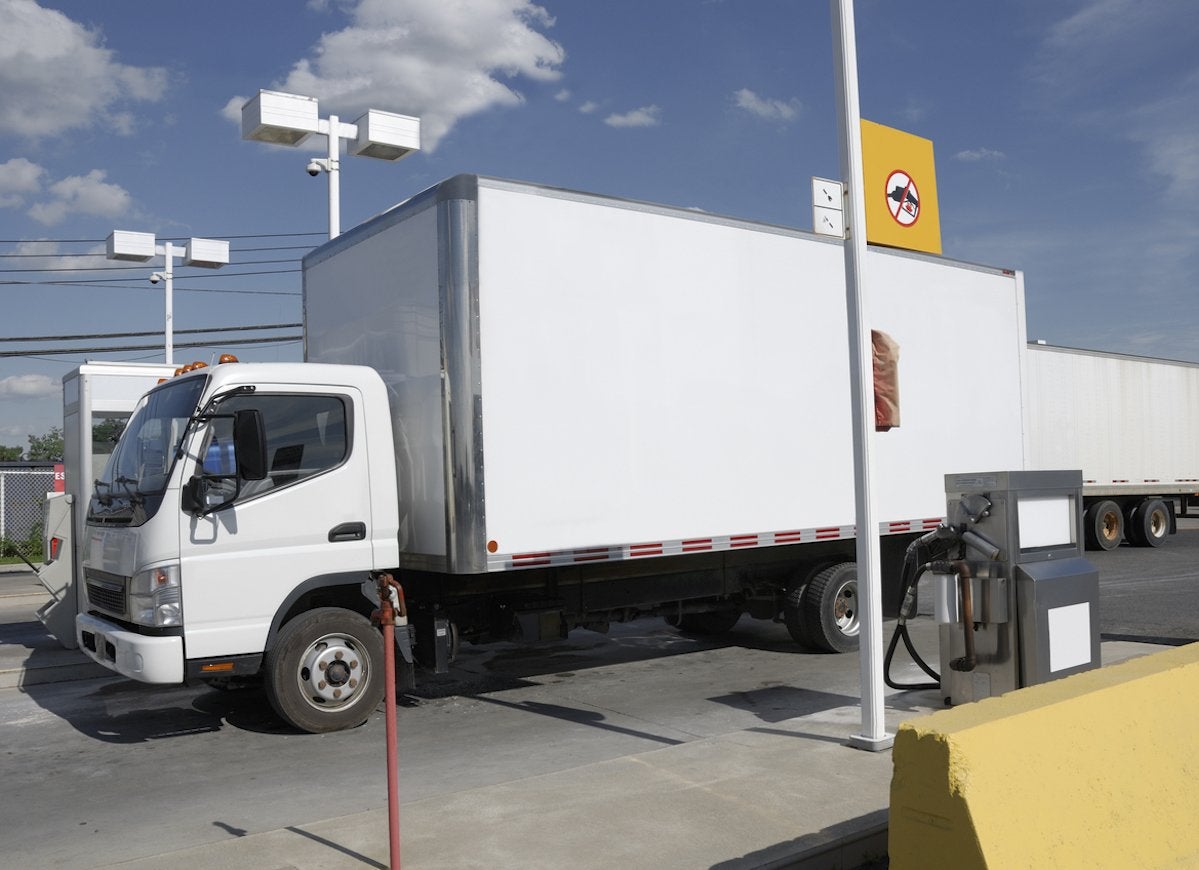
If you hire a professional moving company, fuel expenses may not be added into the quote the company gives you for the move. Since fuel prices at the pump can vary, many professional movers wait to charge for fuel until the trip is complete. Ask questions and read the fine print. You may be able to save on fuel costs if the truck carries another family’s possessions at the same time, in which case, both families often split the fuel cost.
Elevator Fees
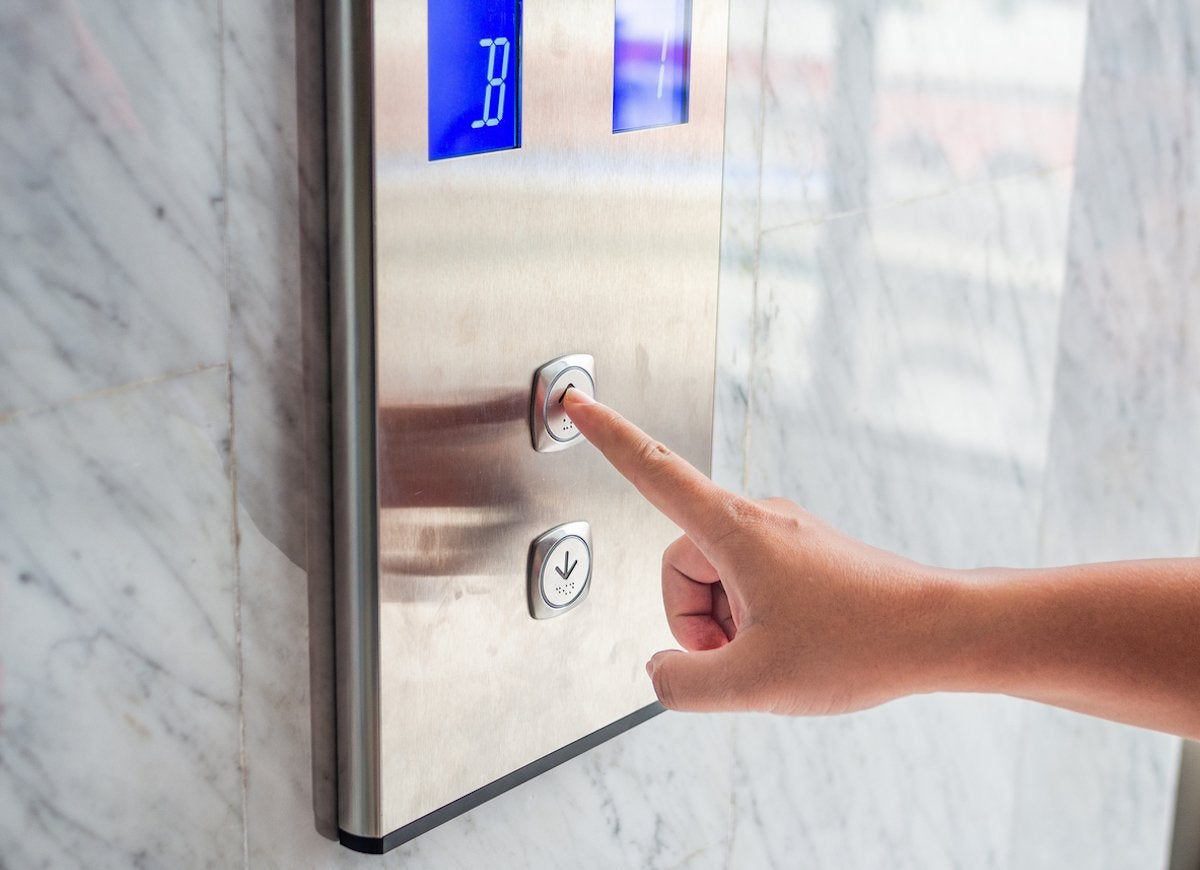
Is your new home an apartment on the top floor of a high rise? If so, you can expect to pay an additional elevator fee. This surcharge is usually set, and typically runs an additional $50 to $100 dollars, depending on the moving company.
Parking Tickets
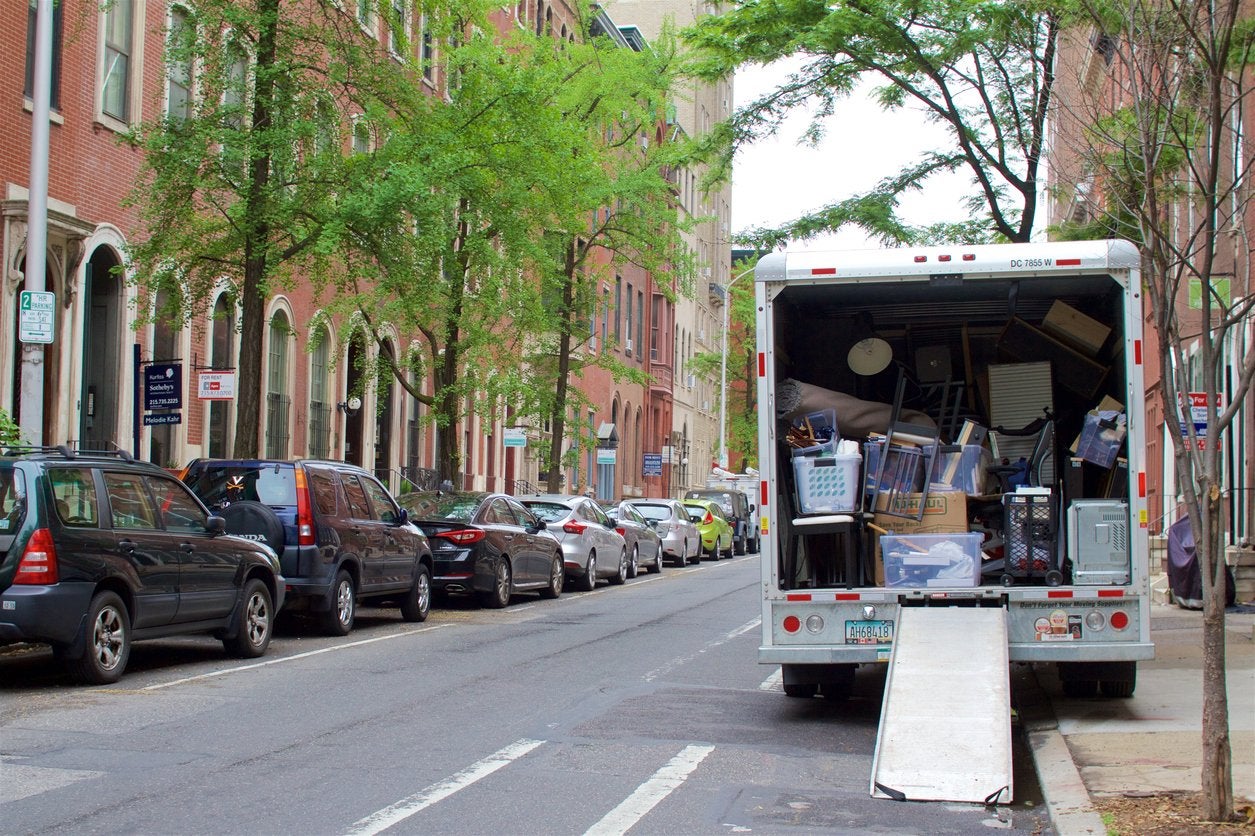
If the movers have to park illegally in order to unload your possessions, there’s a good chance they could receive a parking ticket—and if they do, you’ll be on the hook to pay for it. The way around this problem is to obtain a parking permit from the City Offices in your new community a week or two in advance if you think the moving truck won’t have a place to park.
Hiring a Scam Mover
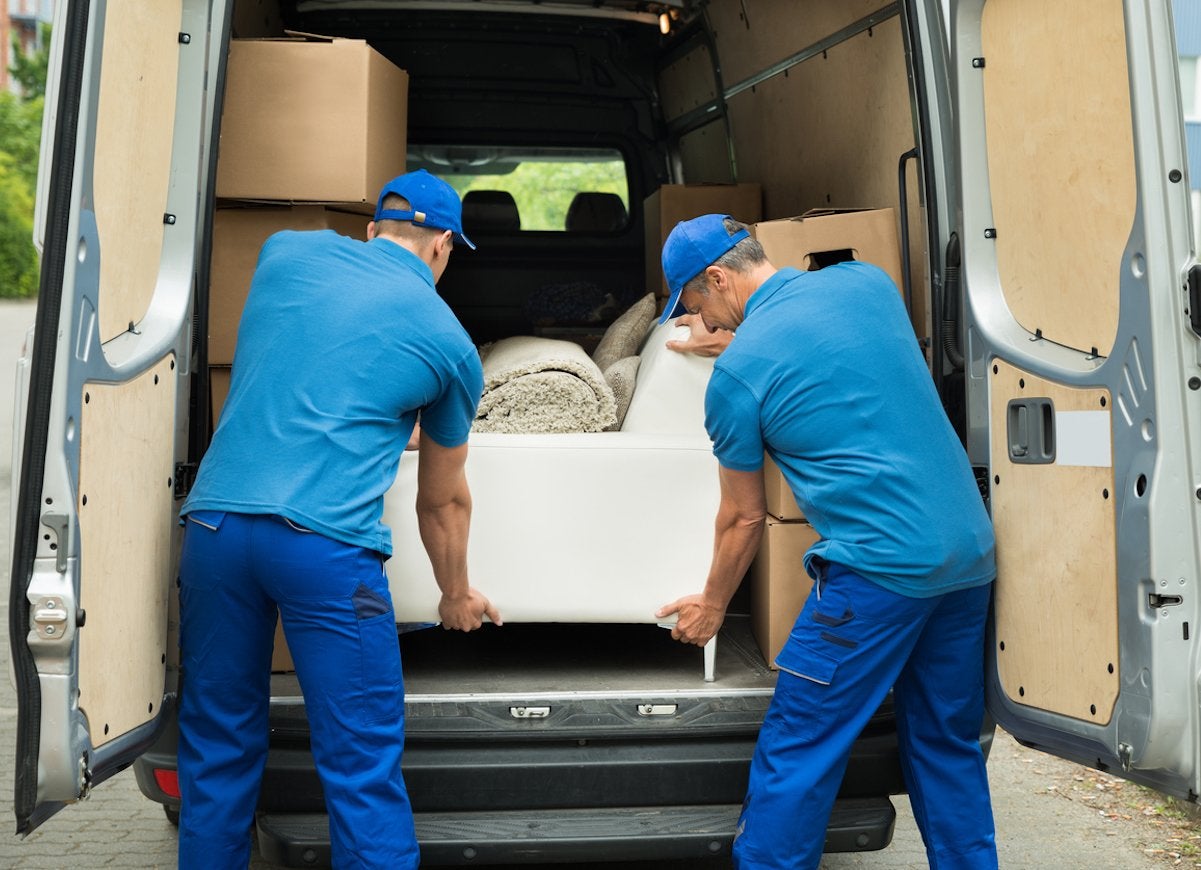
Scam moving companies are out there just waiting to take advantage of you. According to the American Moving and Storage Association (AMSA) an illegitimate mover will maintain a professional looking website and when you contact them, they will shoot you a “shockingly low quote” to move your possessions. When the time arrives, they’ll come and load your possessions –and then take off with them. The cost of replacing your items could be more than you bargained for.
Under-Insured Possessions

Accidents can happen to anyone, but when they happen to your prized possessions during the moving process, you could take a financial loss. A reputable moving company will offer basic insurance against damage, but if you’re moving high priced items, such as big screen TVs or electronics, you may want to purchase additional insurance to cover the replacement cost of a damaged item.
Do-It-Yourself Disasters
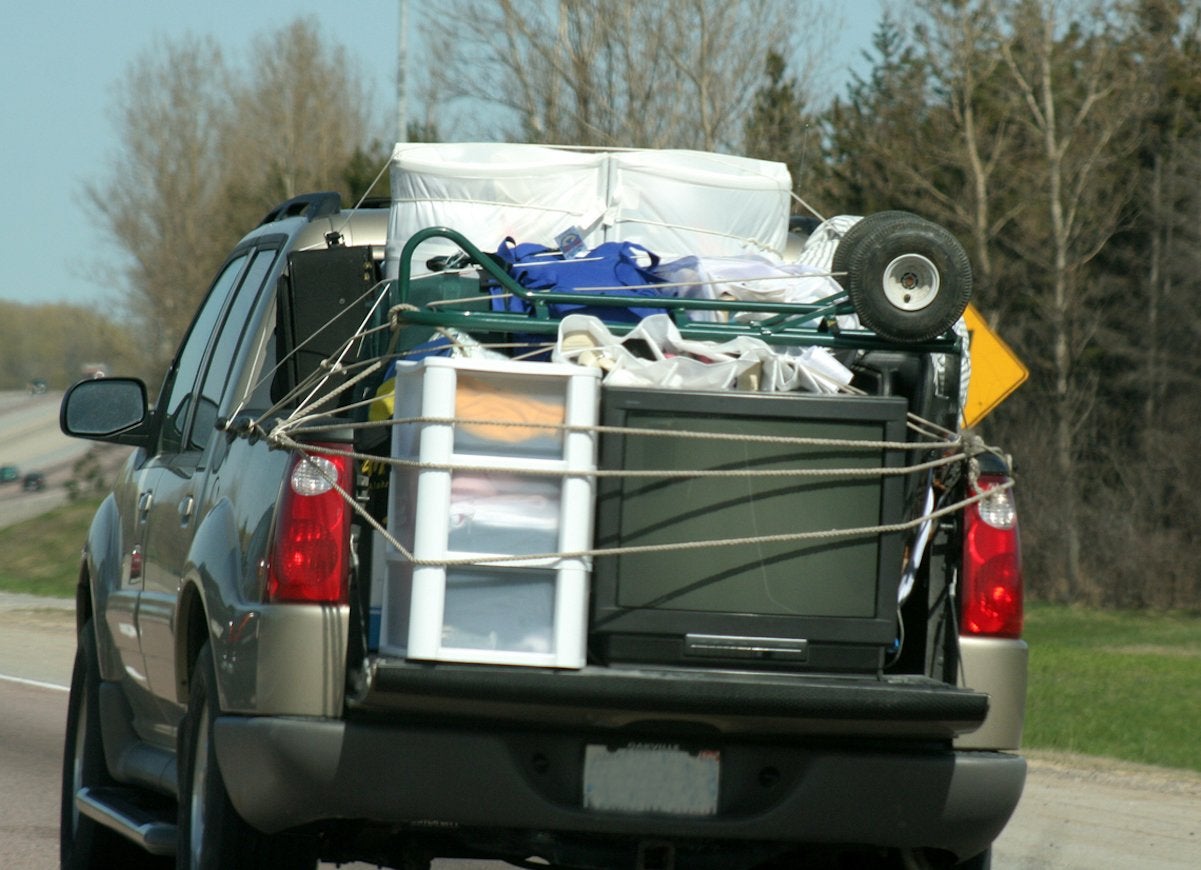
Renting a moving truck (or trailer) and driving it to your new address can save a lot of money, but unlike contracting with a professional mover, you won’t have any insurance coverage on items you accidentally damage. If you break Aunt Mary’s treasured vase, no one will compensate you for your loss.
Packing Supplies
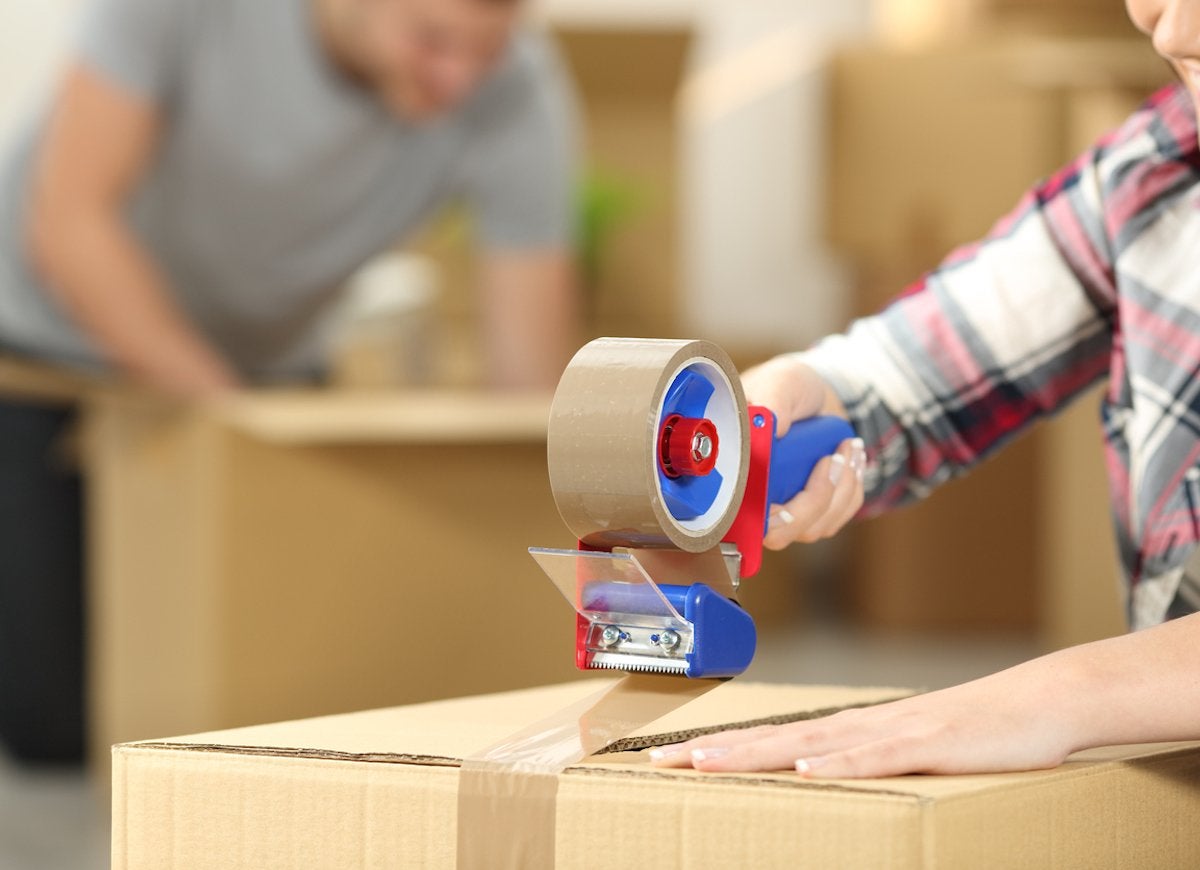
Most professional moving companies offer to pack your possessions for you, but if you’re moving yourself, you may not have budgeted in the cost of packing supplies. A moving kit that contains 50-60 boxes (enough to pack a two-bedroom home) and tape will run $150 to $200. A kitchen moving kit that safely secures china and glassware can run an additional $100.
Boarding Pets
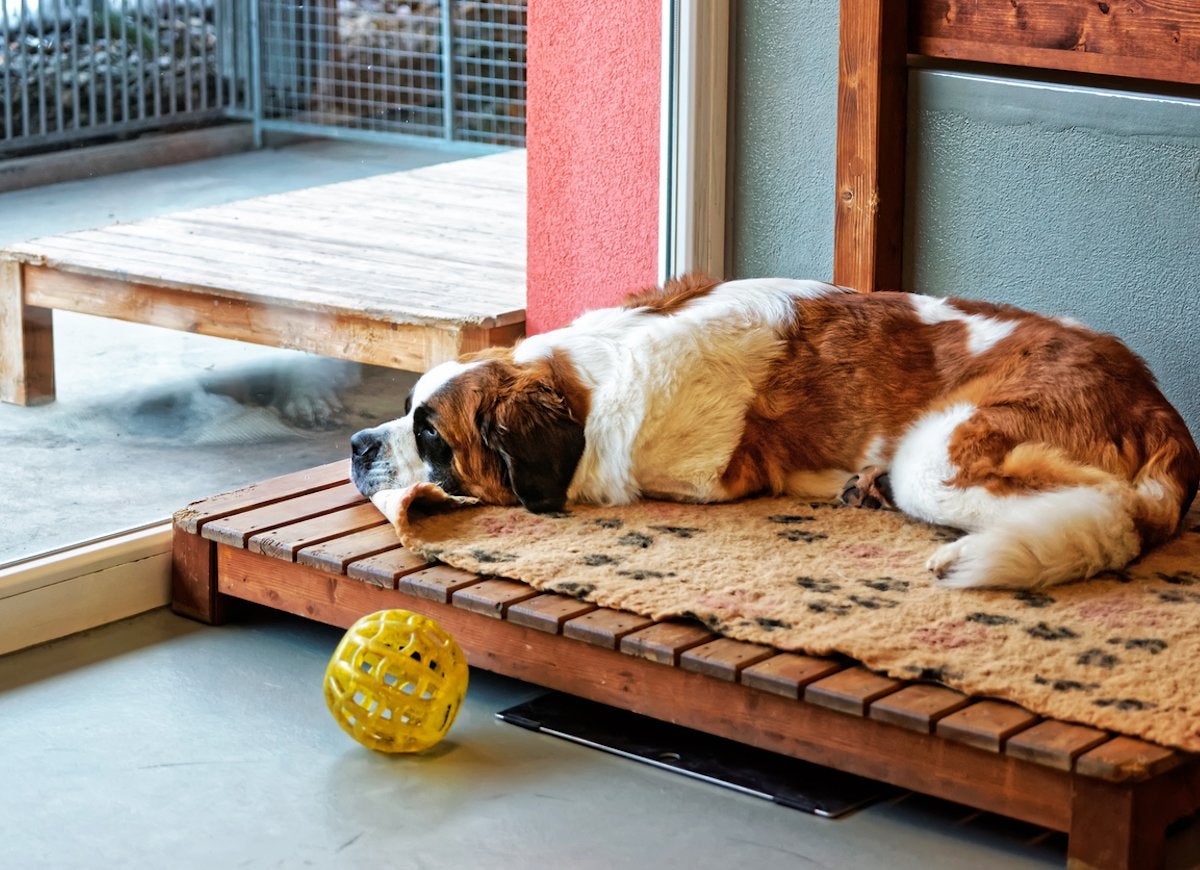
During the packing and loading process, beloved pets can get in the way—or escape out the front door—so you may want to board your furry family members during this time. Boarding fees vary by boarding kennel, and run an average of $20 to $40 per day. If your board your pet, be aware that the boarding kennel will require that it be current on all its vaccinations, which could add another $30 to $55, depending on the vaccines needed.
Specialized Movers

If you’re an avid art collector, a professional moving company may not want to transport your expensive pictures and sculptures, which often require specialized packing and care. In this case, you’ll have to hire a separate moving company that specializes in moving artwork. This can run an additional $1500 to $5000, but your prized possessions will receive the best possible care.
Overnight Fees

If the moving company you hired is unable to unload your possessions on the day they planned to do so (some neighborhoods restrict service work to certain hours), you’ll probably end up paying an additional overnight fee. The company will instruct the driver to keep leave your possessions locked safely in the truck overnight, and you could pay up to $300 more for the change of plans.
Unexpected Hotel Stay
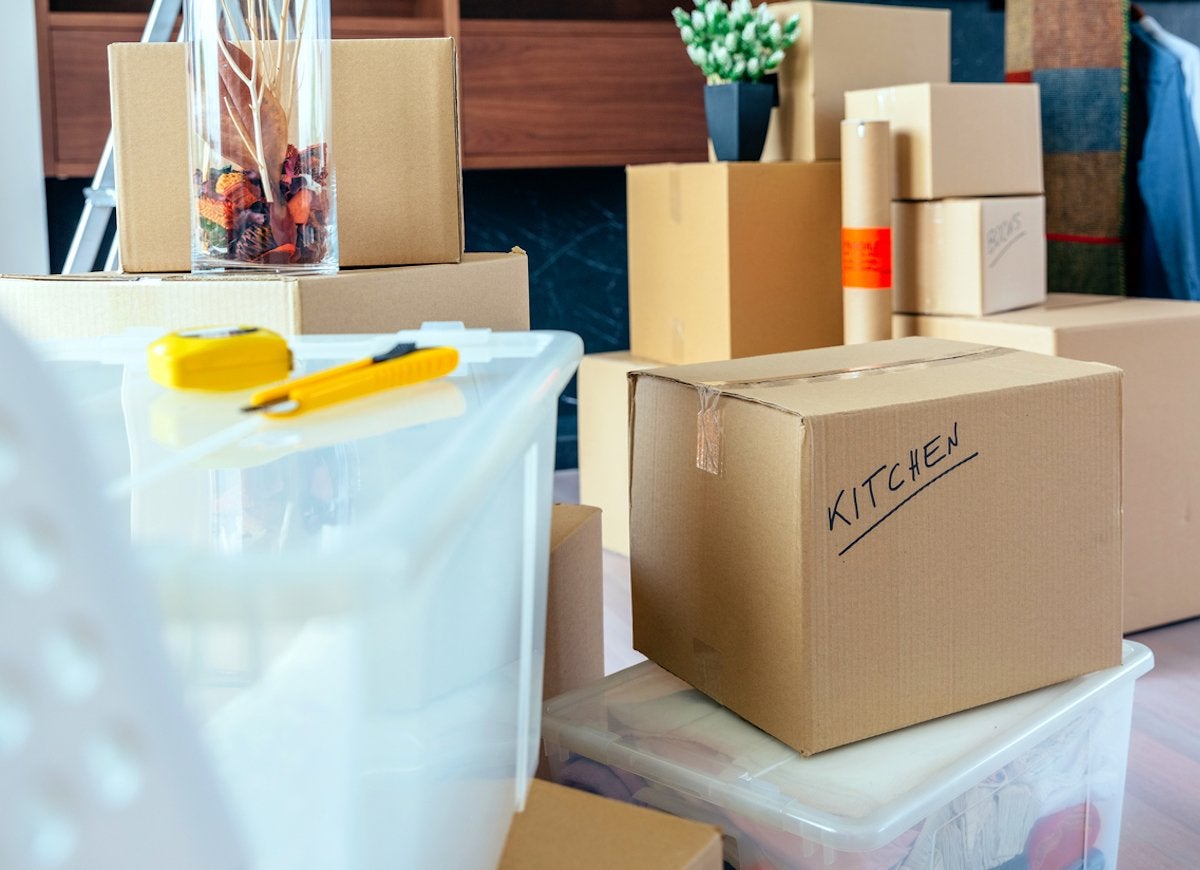
Just because the moving truck unloaded all your possessions into your new home doesn’t mean you’ll be ready to set up the bed or prepare meals for the family. Sleeping on the floor is uncomfortable, and after a long trip, you may reasonably opt to stay in a hotel overnight. It’s a good idea to budget for at least one night in a hotel upon your arrival to your new home.
Replacing Food Items

Moving companies will not transport perishable food items, so you’ll either have to transport them yourself, or toss them out. Often, perishable foods simply take up too much room in a vehicle, and you’ll probably opt to leave them with neighbors and then restock your pantry when you arrive at your new home.
Get Moving
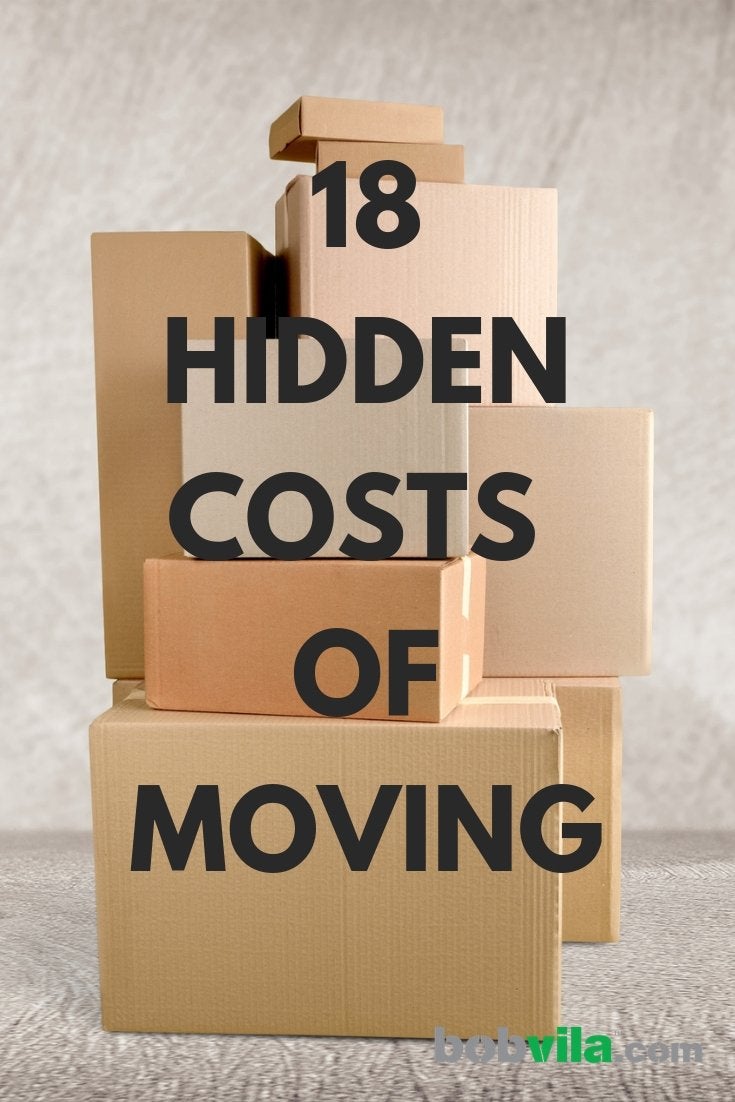
Think things through beforehand, and plant to stick to your budget when you move.

The Homeowner Survival Kit
This year’s Bob Vila Approved is a hand-picked curation of tested, vetted, must-have essentials for surviving homeownership today.